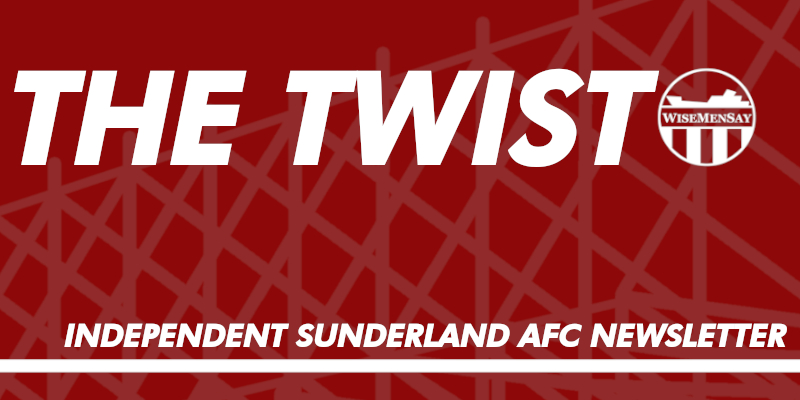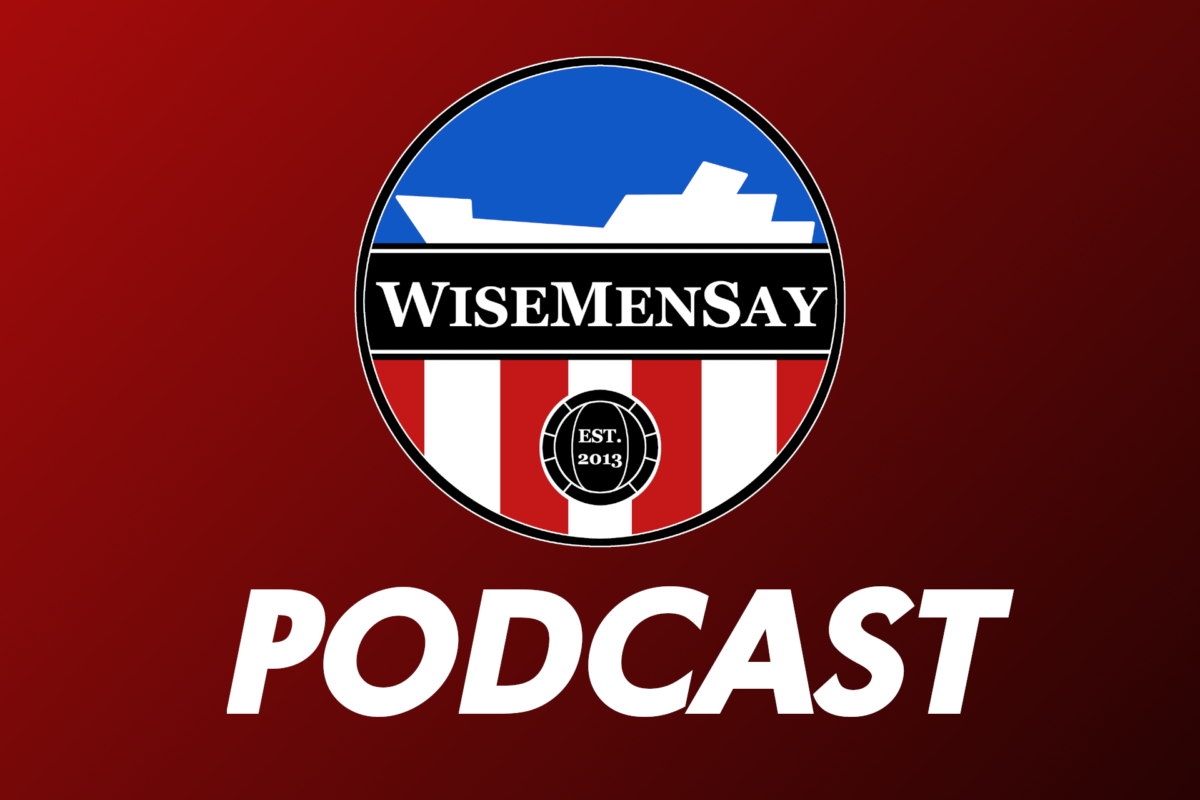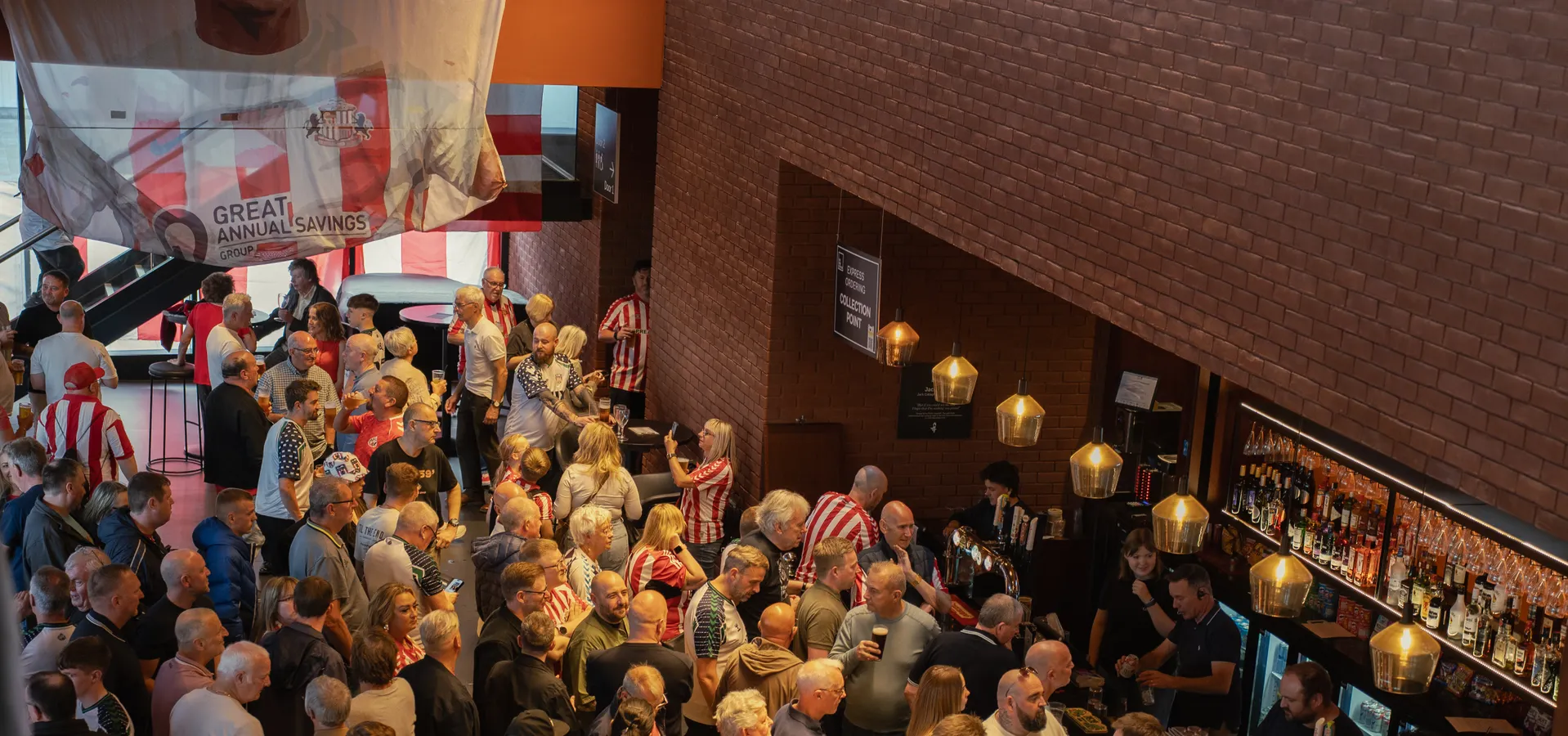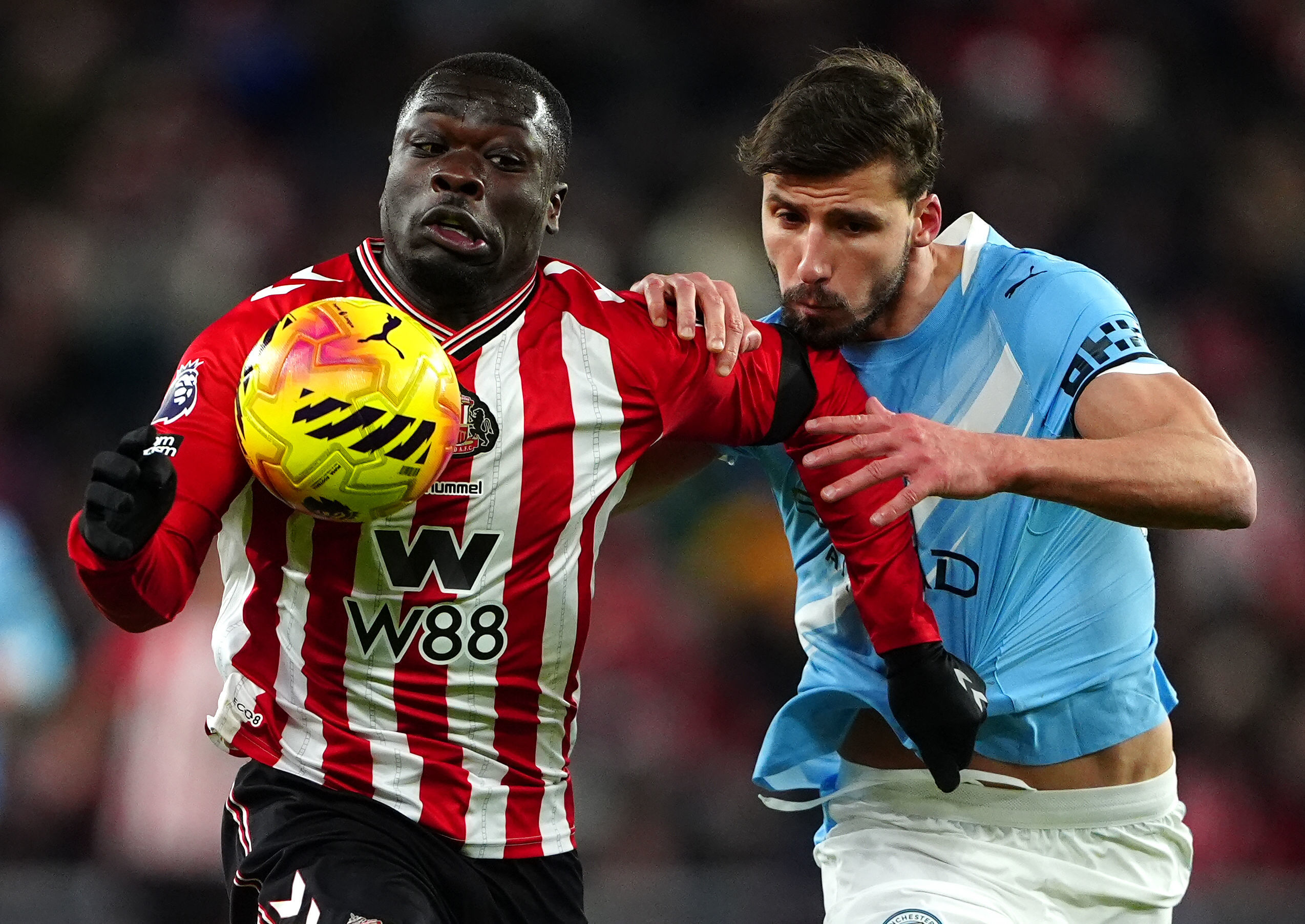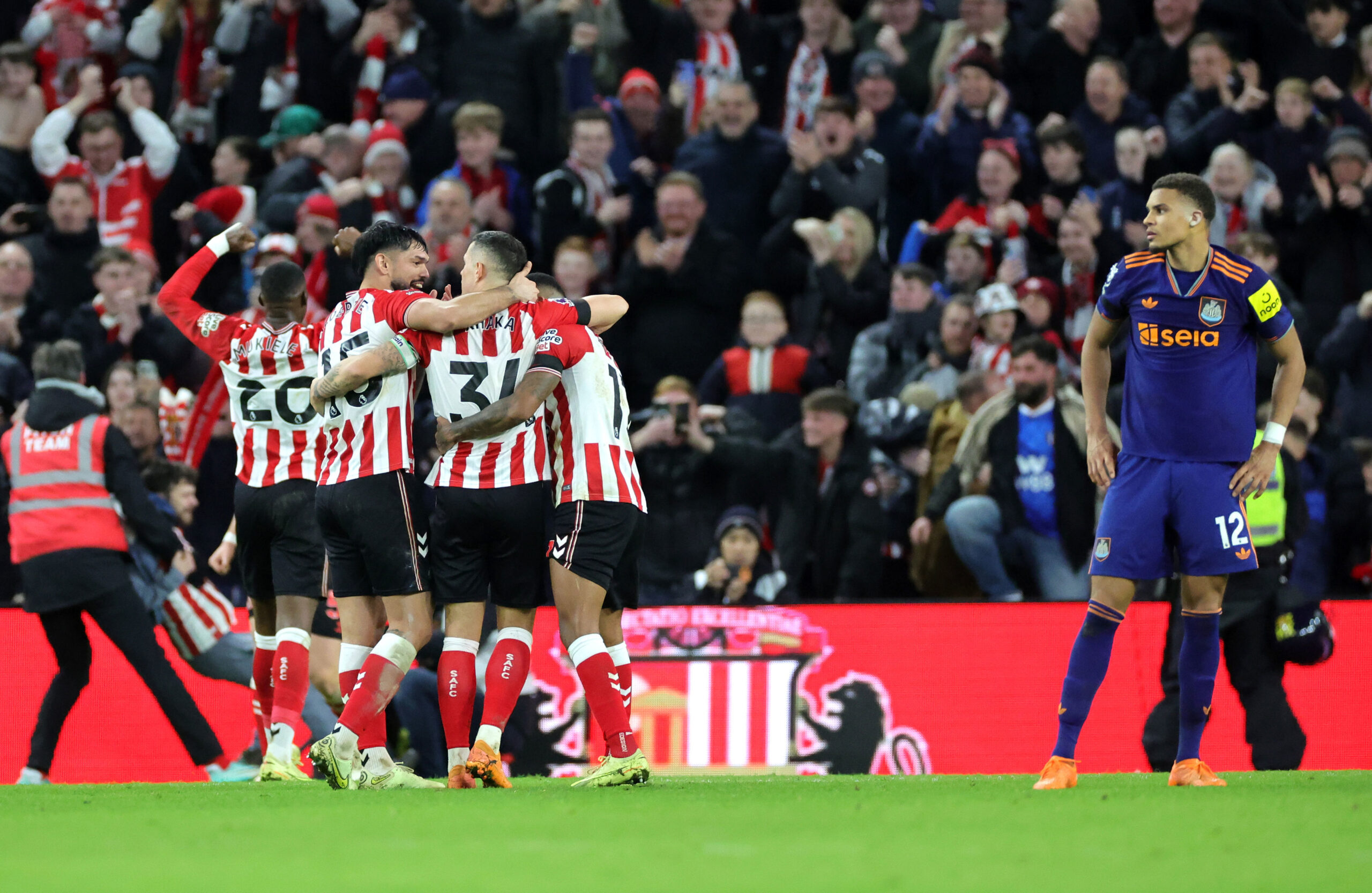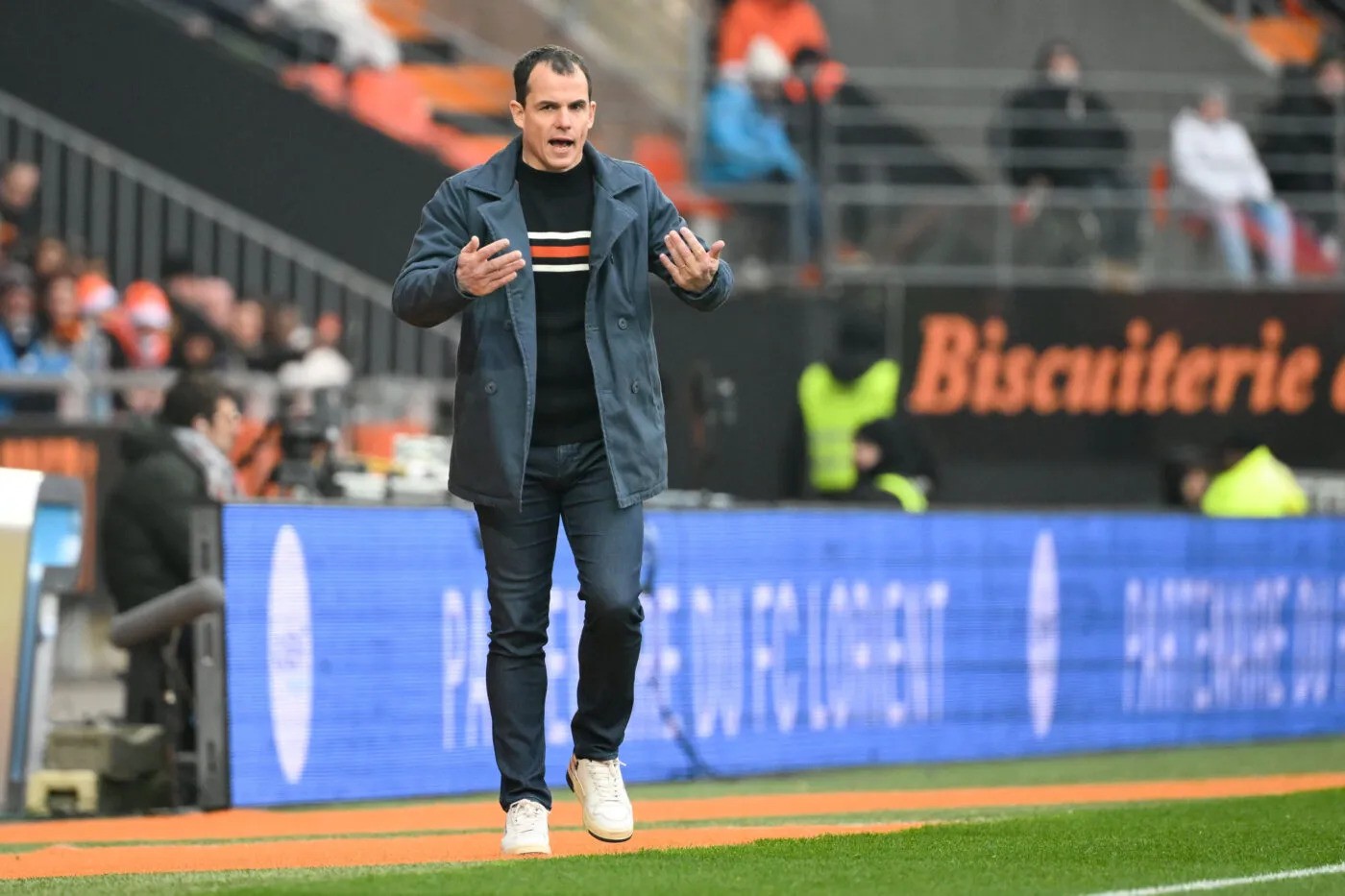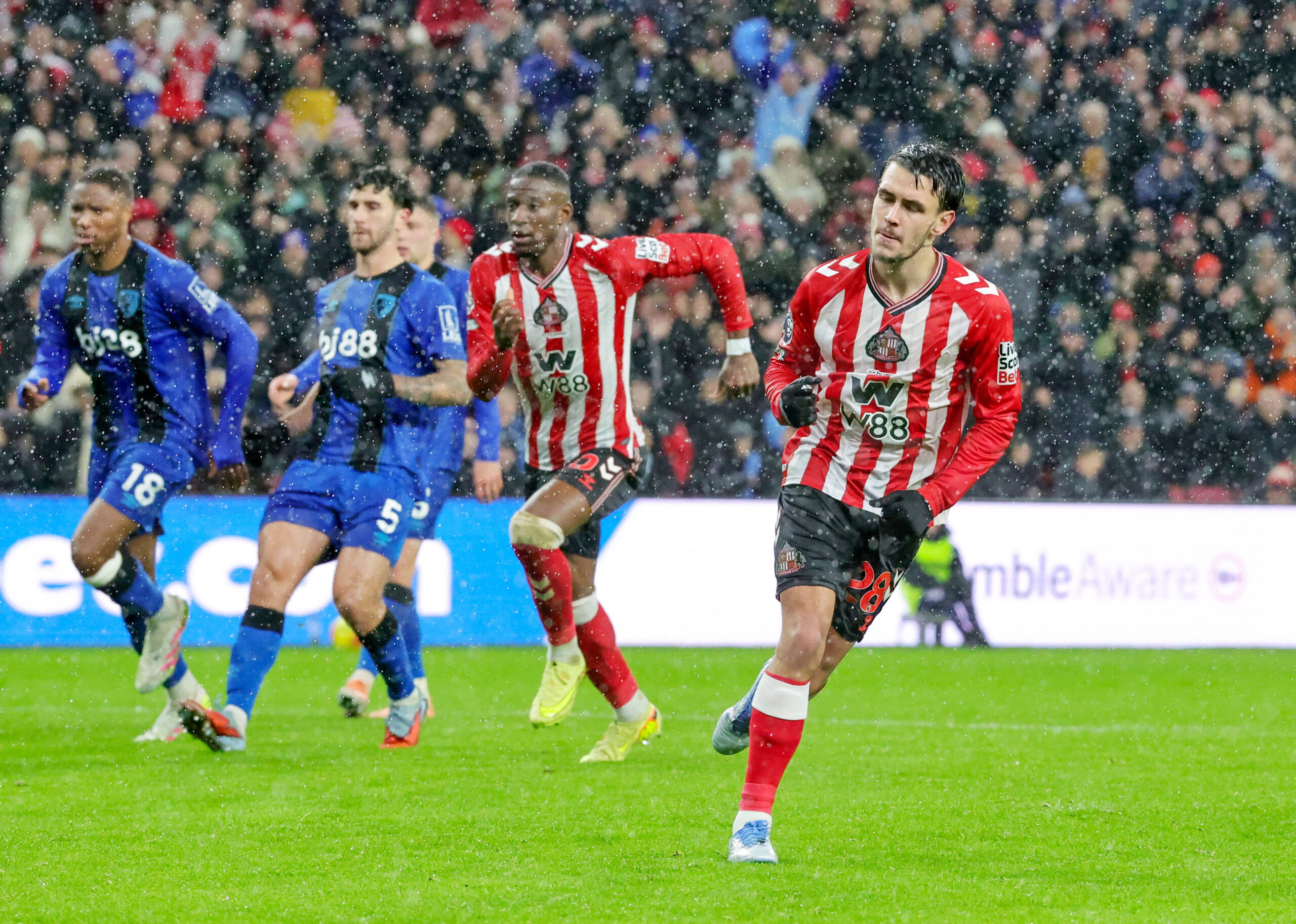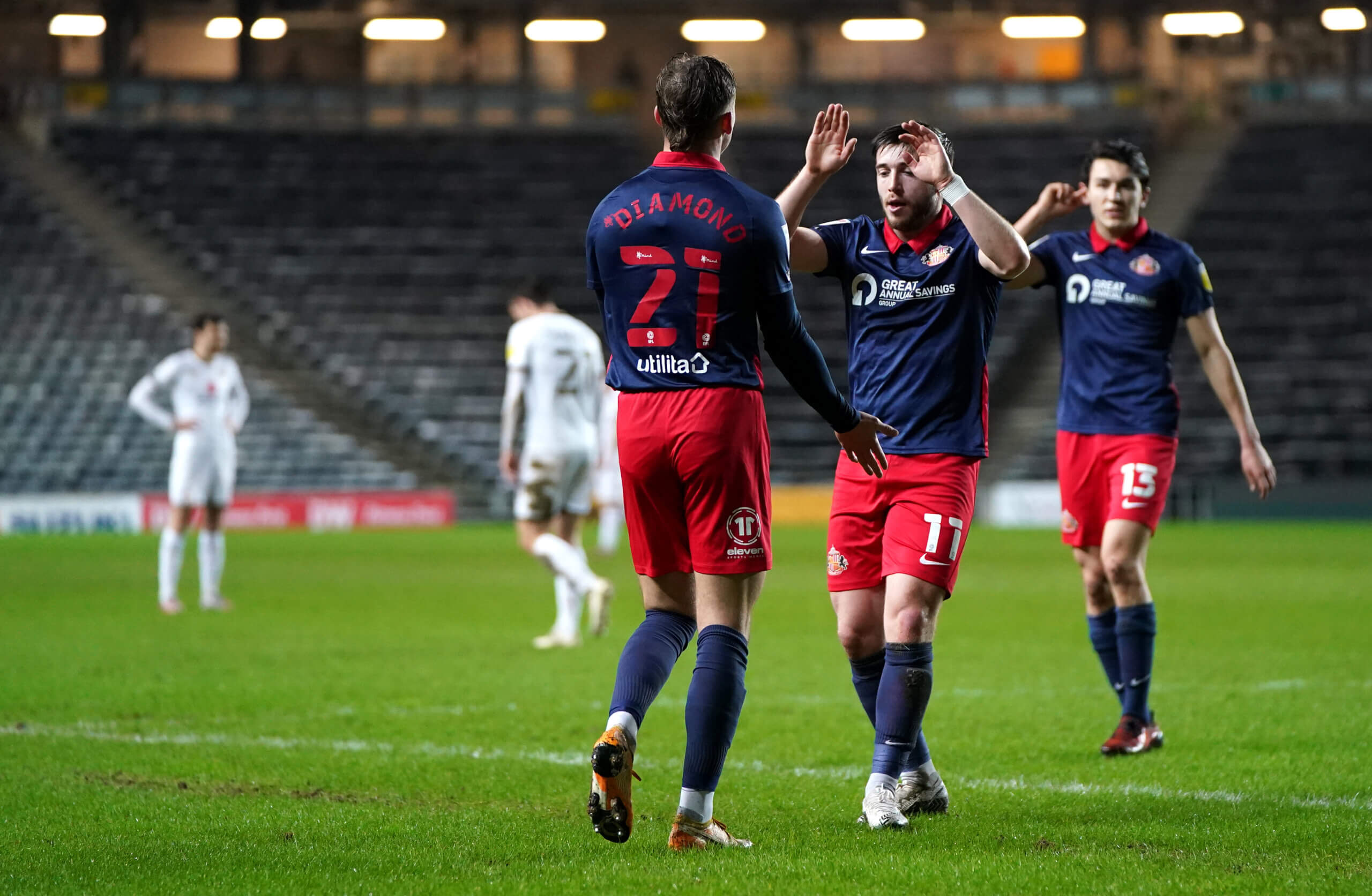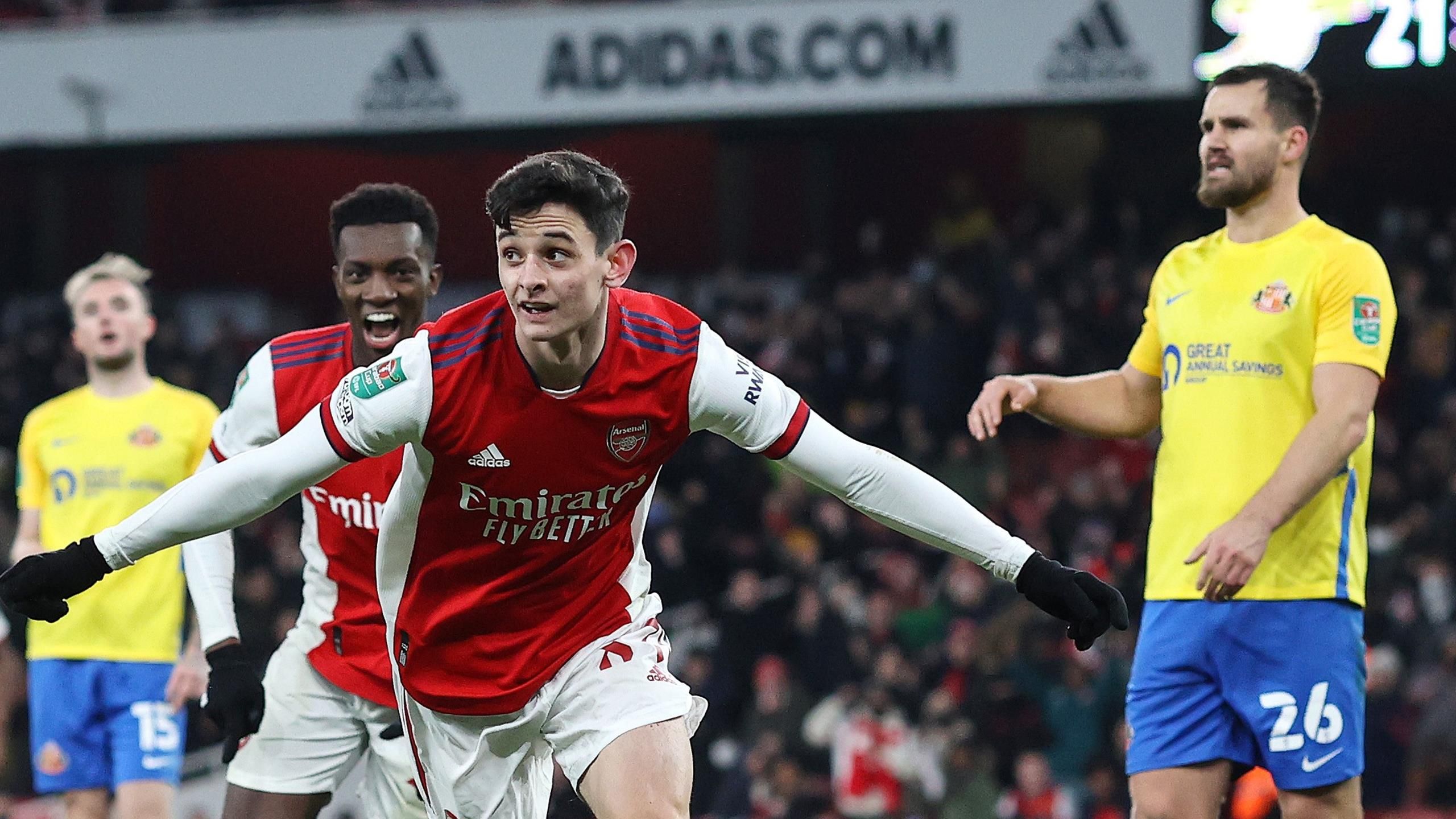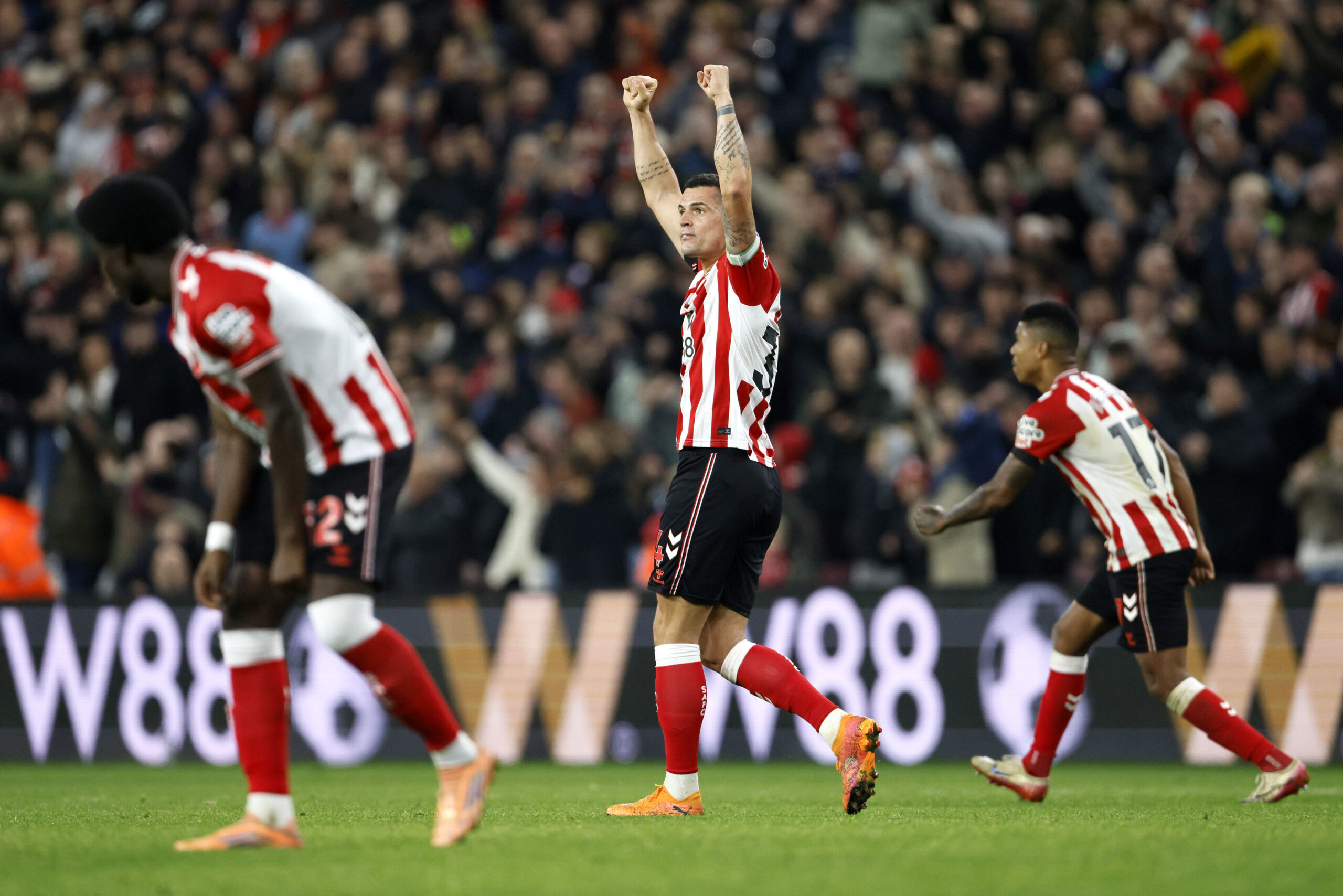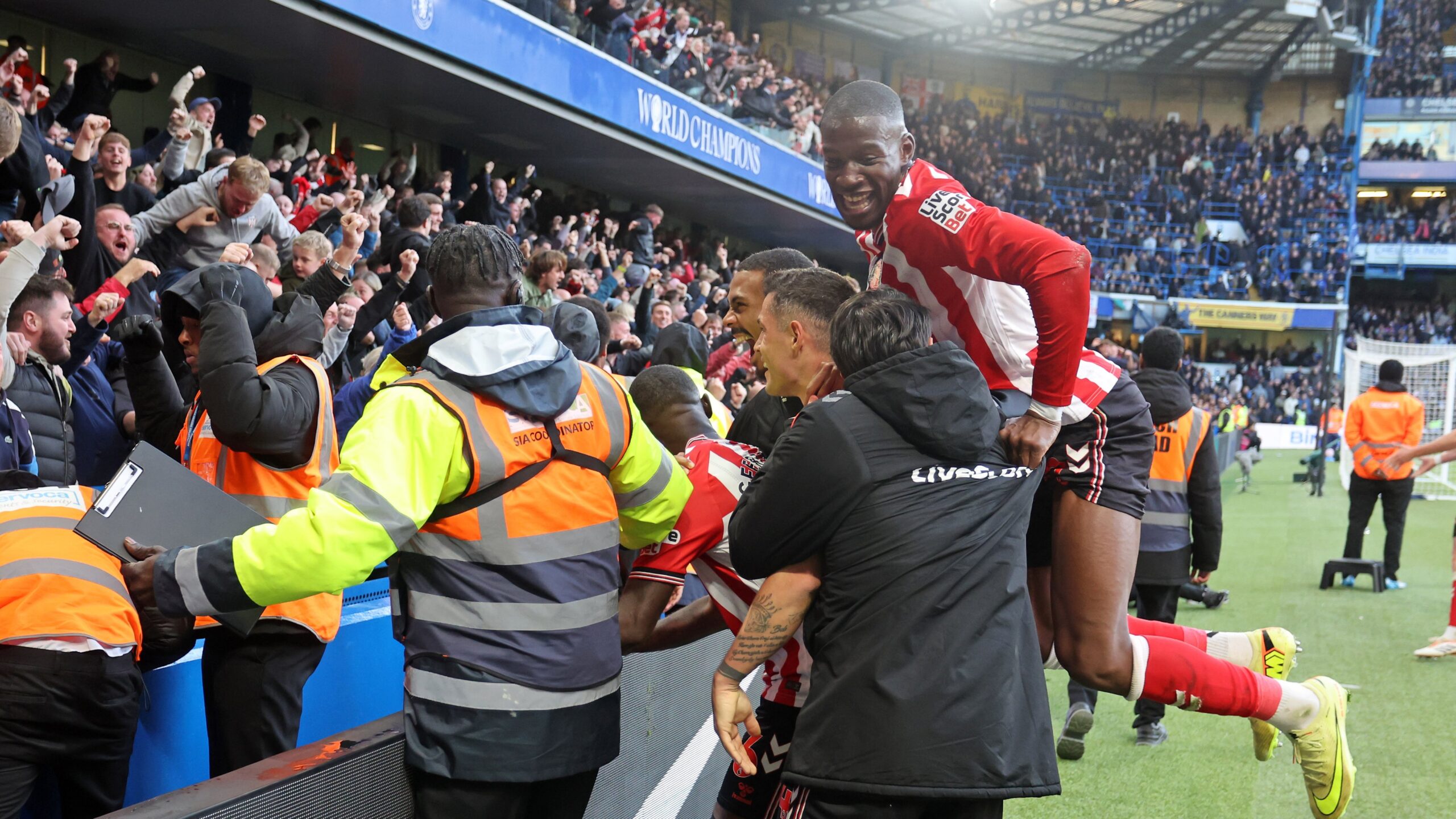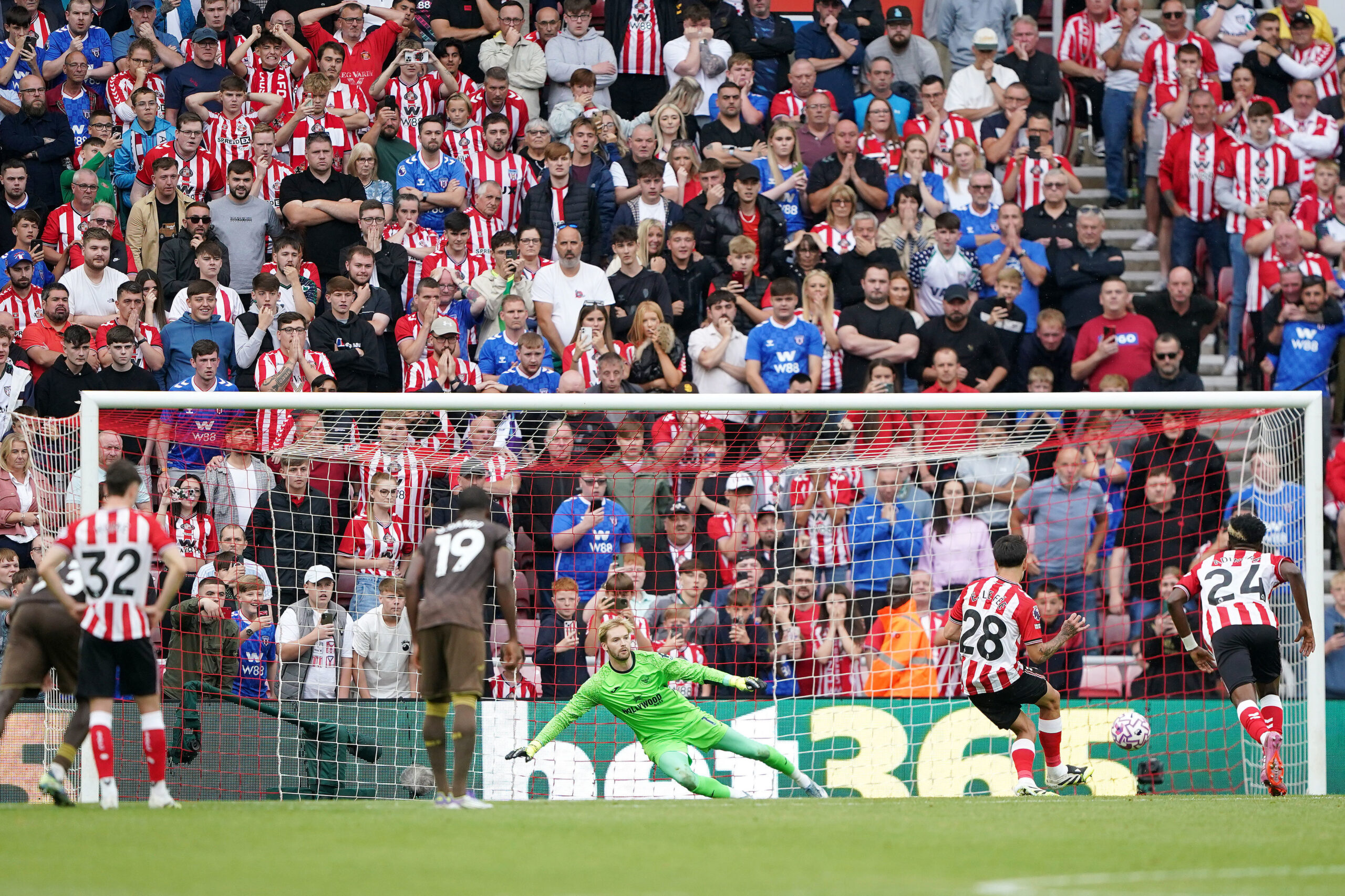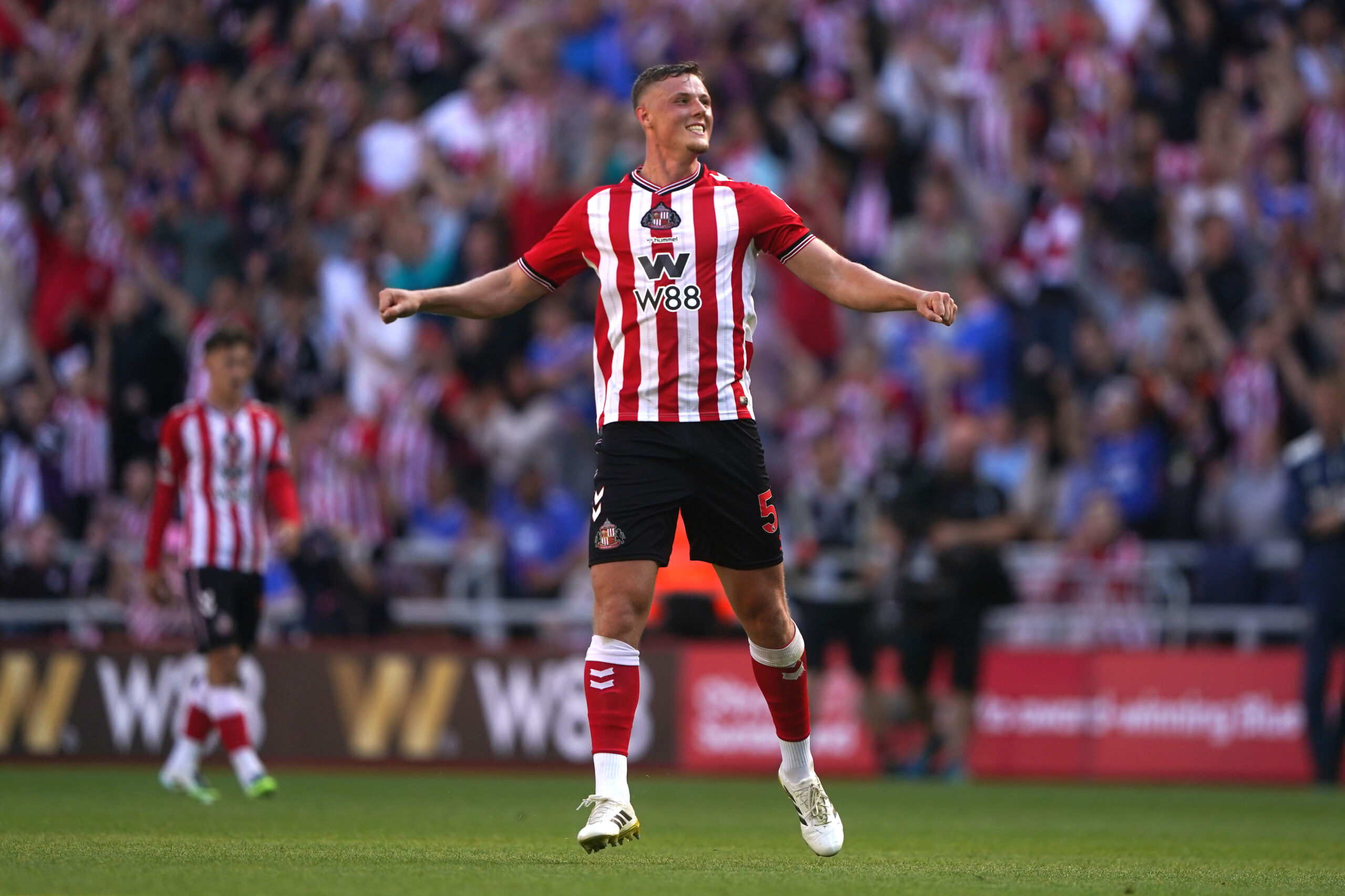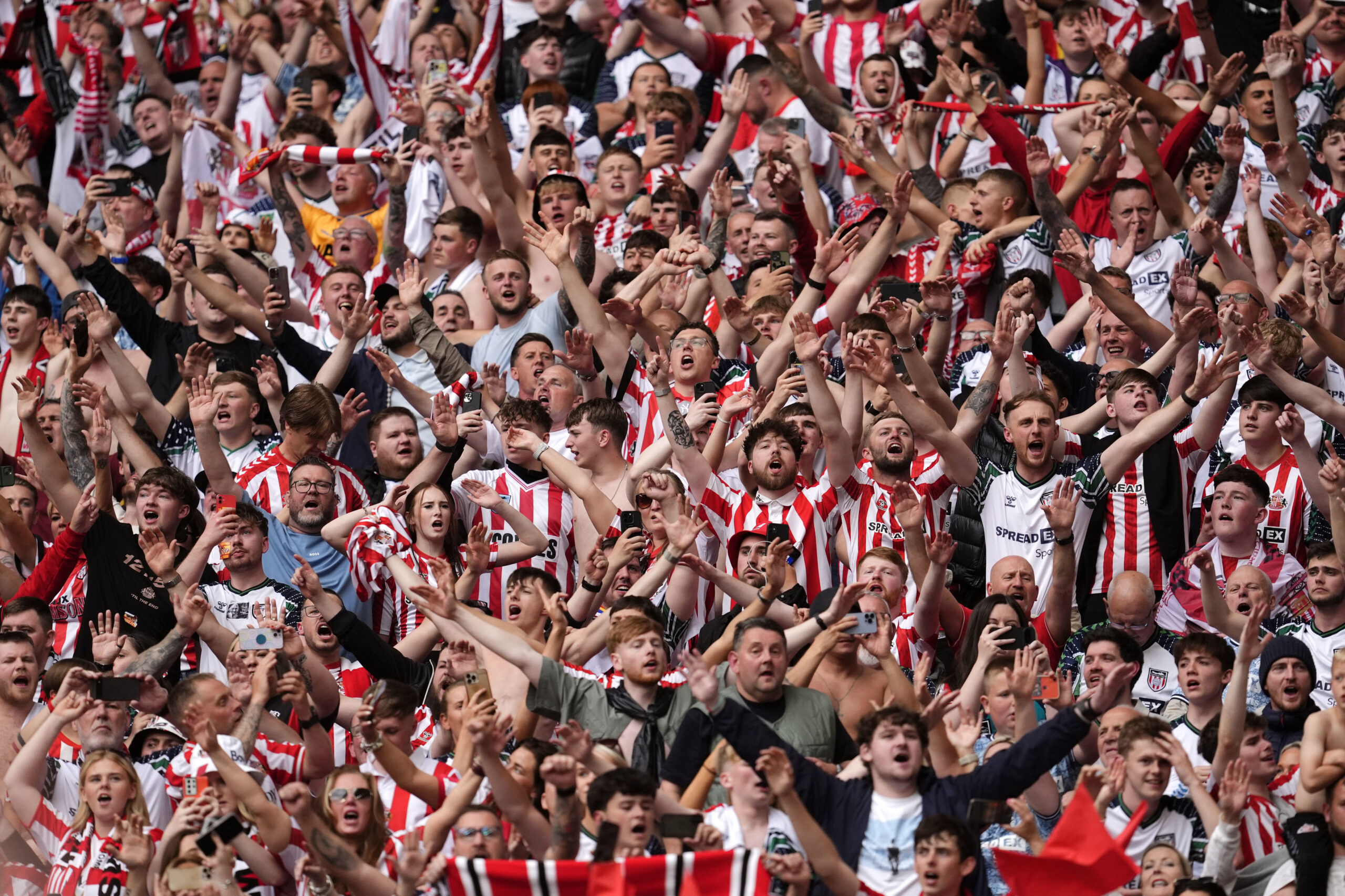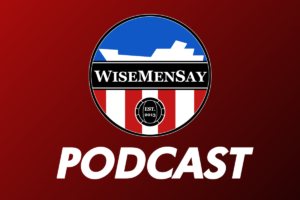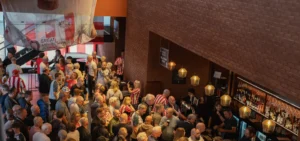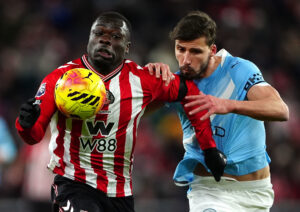For a football club emerging from four dark years in League One, what is success? It is one of those questions that seems simple but once thought through is far more nuanced and complex to answer.
Arguably, for Sunderland AFC, last season was an example of success. Expectations on the pitch were exceeded, the relationship between players and fans flourished and there is justifiably a mood of optimism around the season ahead. Under that definition, while there is work still to do, the club seems on the right track.
If we cast an eye away from the grass however and look to define the Black Cats’ commercial side of operations, we cannot in all good conscience, apply the label – ‘success’. Steve Davison, the Chief Operating Officer, has come under fire from several quarters as a result, and perhaps there is some substance to that train of thought.
Certainly, the recent embarrassing announcement around the Nike/‘Just Sport’ partnership, the laughably bad online and club shop experience, the many ticketing issues including both from a point of view of the physical office and in the digital sense, as well as the general standard of customer service, all lay bare the fact that while the club’s trajectory on the pitch is upwards, behind the scenes it is very different.
However, as is with trying to answer the question above, the truth around why this is the case is more complicated than simply directing all the blame at one individual; even when that person oversees business operations and non-footballing departments and the Stadium of Light.
As when investment has understandably been focussed more heavily on improving Sunderland’s league status of late, is it then fair to blame the guy in charge of an area of the organisation that has conversely been monetarily neglected?
Possibly. Possibly not.
The Financial Picture
To help understand this better we first need to rewind back to 2020 and look at the club’s financial situation into which Davison arrived. The accounts for the year ending July 2020 saw Sunderland AFC’s turnover fall from £58.7million to £29.2million.
Covid-19 also, as it did for many, impacted revenue and compounded an already bleak picture, one where back office redundancies had been prevalent since the days of demotion from the Premier League.
Former Chief Executive Jim Rodwell previously said, “Season 2019/20 was an incredibly challenging period for the club and the effects of Covid-19 have had a substantial impact. The suspension of football and subsequent curtailment of the season affected revenue streams at the end of the season.”
He added at the time, “Although football has now resumed, we are playing behind closed doors, which continues to significantly impact revenue streams and additional costs of providing a Covid secure workplace. This continues to be a challenging time for the club.”
Whatever your views on Rodwell, his assessment here was surely bang on.
Parachute payments would have helped mitigate the situation had the funds not been utilised by Methven and Donald to purchase Sunderland AFC back in 2018.
As such, the club’s losses were subsequently reduced by an ownership group forced to slash costs and that, along with the already diminished workforce in off-field operations is the position Davison found the Black Cats in when he took on his new job back in January 2021.
Let us be clear, money was always going to be better spent on improving the playing side. Justifiably so given results of late. Yet, the commercial arm has for too long now played second fiddle.
It needs both someone to make smart decisions as well as also owners willing to invest fully in that part of operations and support their Chief Operating Officer to implement the overall strategic vision.
Who is Steve Davison?
To that end, just who is Steve Davison? Is he truly being backed? And, all things being equal, is he capable of delivering a first-class commercial experience?
A Sunderland fan himself, he qualified as an engineer in the 1960s and progressed to heading up Atkins, the UK’s largest engineering company in the 21st Century. Speaking with North East Times Magazine in April 2021 Davison said of his career at Atkins ending, “It was quite upsetting actually. But I didn’t agree with the values of the new French/Canadian company.”
Interestingly those same values saw him take a stand against his current employer during the Adam Johnson scandal. Again, speaking with North East Time Magazine he stated, “I didn’t like the club’s handling of the whole thing. I thought it was inappropriate, so I didn’t come for a couple of seasons.”
So, Davison is a local lad with apparent principles and undoubted commercial experience. He is used to dealing with larger revenue streams than those generated on Wearside too. Atkins’ recorded revenue in 2017 was a huge £2.081 billion.
Yet, he acknowledged, “…it is a very different type of environment. I have gone from a business with 22,000 employees across 32 countries to one which has 100 plus…”
Perhaps, this is the rub.
A fervent fanbase ready to devour any and all of the club’s commercial offerings and a mass exodus of staff meaning that same club is either unable to meet demand at all or seemingly seeks to do so with limited resources.
Supporters’ expectations are nothing if not reasonable for the size and stature of Sunderland AFC. Yet, can these commercial ambitions ever be met, by Davison or anyone else, when the infrastructure and capacity around them remains on a League One budget? The simple answer has to be no.
So What About The Owners?
The owners are the ones holding the purse strings and ultimately have they not got the financial power to do something about the current deficiencies, arguably irrespective of who the Chief Operating Officer is? Let us dig a bit deeper.
Kyril Louis-Dreyfus and Juan Sartori will justifiably point to commercial investments already made during their tenure, including some recent improvements to the Stadium of Light as well as the fact that the last recorded accounts reveal the club experienced its 16th consecutive loss-making year as both a marker of steps being taken to address the situation but also, sensibly, within the constraints of income.
In addition, while comparatively on the low side for the Championship, £15.1million has been injected into the coffers by the ownership group since 2021 in the form of interest free loans. The metaphorical hands have been, at times at least, in the metaphorical pocket.
But how much of that was invested in specifically improving the arm of the ‘business’ Davison leads on? Well, the accounts also show around £3million was spent on infrastructure within the stadium itself and the Academy since in the last two years. But this is likely more repairs than investment to generate sustained improvement.
In Defence of Davison
Davison will also look to defend his own position by highlighting that Sunderland AFC positioned itself at the summit of the revenue table for commercial income while in League One and recorded during the last set of accounts a rise in related income to £11.5million. £8million of that was derived from conference, banqueting and catering which was a higher total than even recorded during the last Premier League campaign.
The club’s streaming service was also revamped one month after Davison joined. With multi-camera coverage, a live pre-match and post-match show along with live interviews and behind the scenes content all means it is has become a step above some of the competition.
The Black Cats have also reached out to local businesses of late to help build upon links with the community with several ‘business festivals’ and related events. That seems to be bearing some fruit. As such, it is also good to see Hays Travel (who are locally based and also the UK’s largest independent travel agent) get back involved with the club in a meaningful way as they were announced as the shirt sleeve sponsor for the 2023/24 season.
The return of concerts to the Stadium of Light is a further boon with the Ed Sheeran, Elton John, Beyonce and Pink shows recently bringing in substantial revenue. Davison will lay this all out to help define his own version of success.
Some Missteps
Although, as we are all fully aware, some of the club’s commercial decisions are not without missteps. Davison met with members of the Red and White Army Supporters group back in February 2023 and the minutes state, “SD wants the club to be an early adopter of digital tickets… SD acknowledged that this change would present some fans with difficulties…It is likely that within the next few years digital ticketing will be mandatory across PL and possibly the Championship. The club wants to help supporters adapt to this inevitable change and believes this can best be done by becoming an early adopter which allows supporters more time to learn to adapt. The club is introducing a new entry system to facilitate this and will be switching to digital ticket purchases.”
While digital ticketing is both a reasonable and inevitable step, as well as the offer to ‘help supporters adapt’ being noble, the decision to make the transition in one fell swoop was far too quick for such a big change and for a club with such a large following.
In addition, that offer of ‘help’ did not seemingly involve allowing season card holders without digital access the opportunity to retain their ticket in physical form until after supporter protestations had taken place. A public relations gaffe at best, especially with no looming necessity for change.
Cynically, perhaps the savings that any move to digital generates was the true catalyst for seeking to be so clinical with the transition and not any hypothetical, mandatory introduction. Note though that the minutes record Davison as stating that this is something the club thought was for the best and not necessarily solely him. It remains unclear as to whether he was seeking to deliver on a vision of all his own making and in the manner he would prefer.
Interestingly too, the Black Cats have recently announced a new sustainability strategy to ‘reduce its impact on the environment and support the UK’s low carbon ambitions.’
This will see the proposal of a 40mW solar farm being built at the Academy of Light and also potentially a ‘canopy solar farm’ above the car park surrounding the Stadium of Light, likely at some considerable cost, with a view to savings in the longer term.
It should be noted that this is considered a worthwhile cause and, by seeking to be at the forefront of a green agenda in football, it is something the club should be proud of.
Yet, it has to be said, the expense of solar farms seems somewhat extravagant when Sunderland AFC cannot even deliver on basics such as allowing supporters to buy a replica shirt or indeed be confident about receiving their matchday ticket. How was this decision reached and can it be truly said to be a priority as things stand today?
Louis-Dreyfus is reportedly “completely onboard with the [these] plans” as when speaking with the Chronicle recently about the project, Davison said, “Kyril is quite clear we are going to be a sustainable business financially and in order to do that you’ve got to stop looking at cash flows as your only measure of success.”
Shared Accountability In The End?
This brings us to an important point and some pertinent unanswered questions. Indeed, how are decisions reached on a commercial level, what is the budget, who has input into them and who has the final say?
Perhaps irrespective of this though, the keenness among the fanbase for Louis-Dreyfuss to increase his shareholding so that he became the majority owner was, in part, to ensure greater accountability and an increased chance of financial investment. As touched on above, now that he has done so, perhaps he and Sartori should shoulder some of the responsibility around making improvements to the commercial side of the club along with Davison.
In summary, it remains unclear whether Davison is the sole cause of the off-field issues or more that it is difficult for him to make a silk purse from a sow’s ear. Possibly it is an element of both. Either way, as the above seeks to set out, a degree of shared accountability is needed.
In the meantime, sadly further patience is required from supporters to allow positive changes on the commercial side to hopefully come to fruition.
What is abundantly clear though, even when sharing that responsibility, those improvements must be made by someone.


